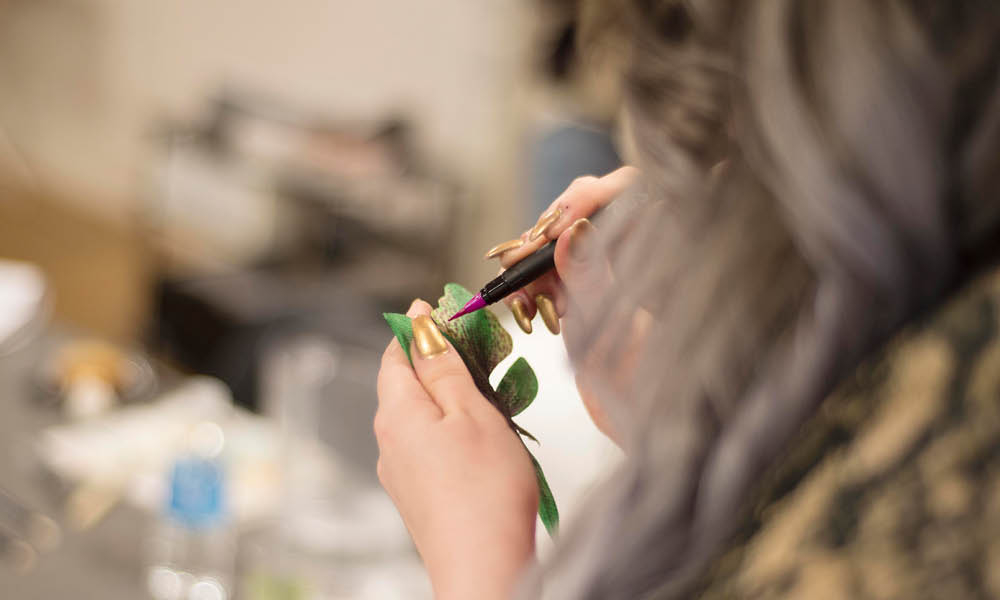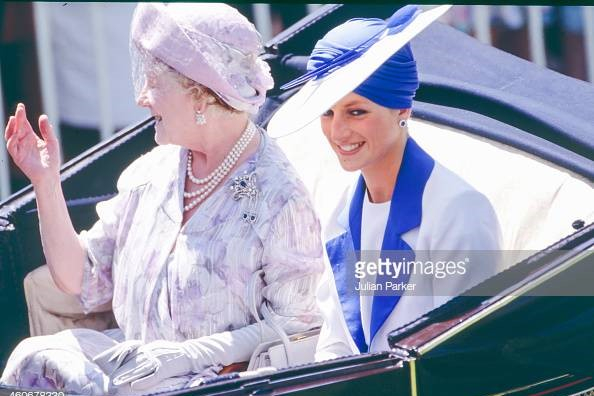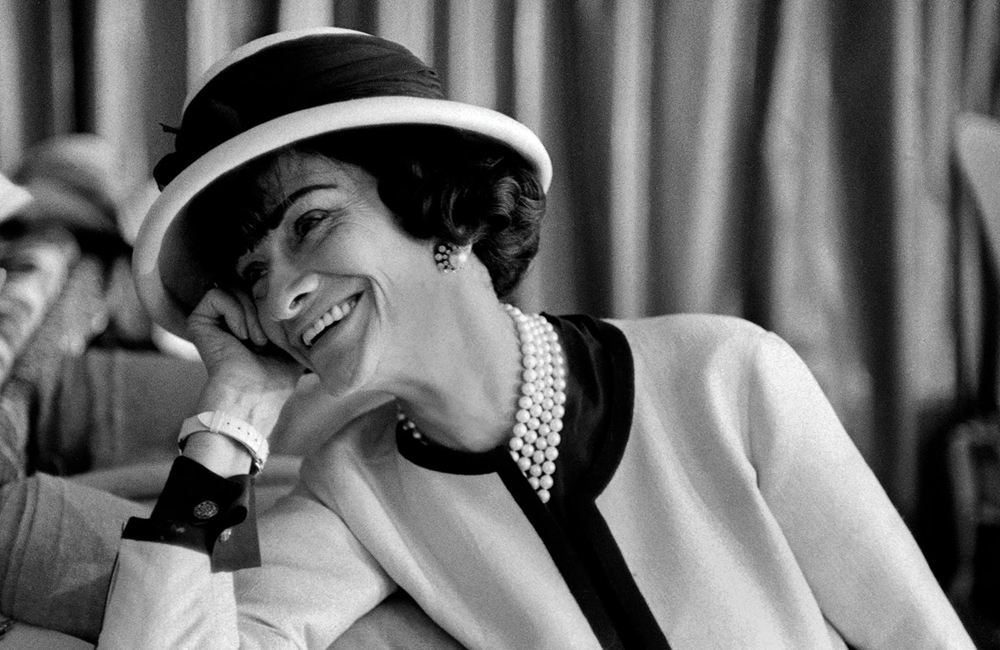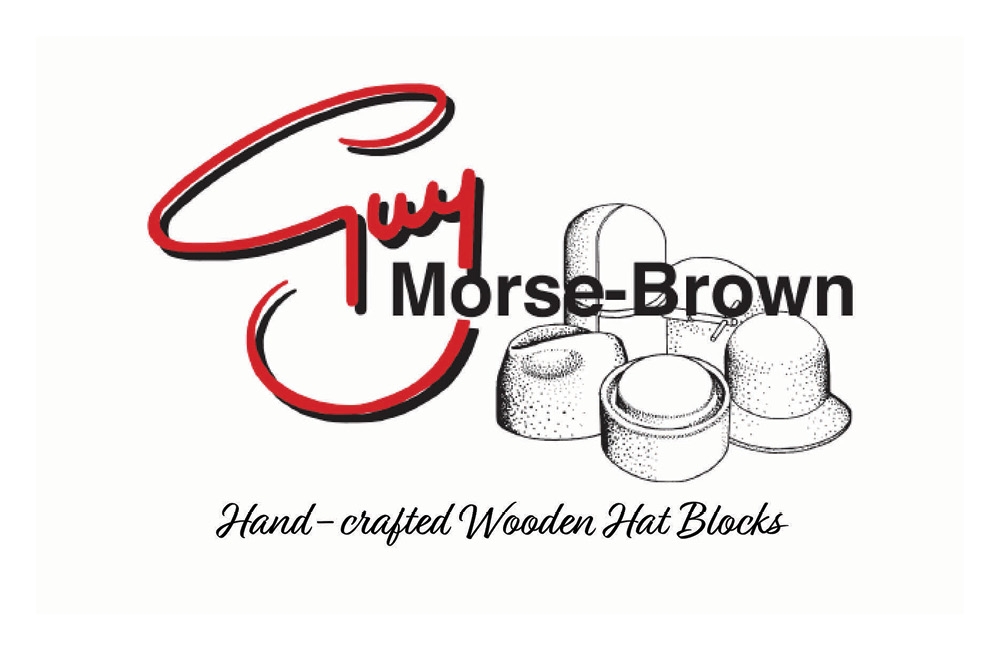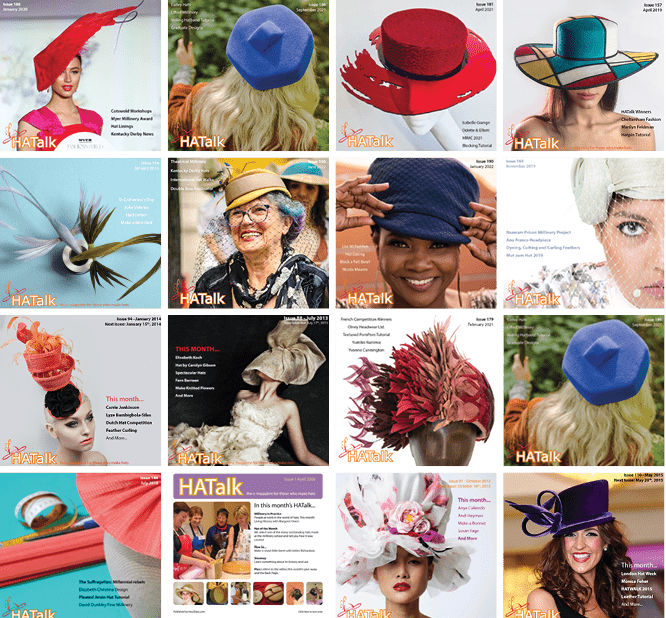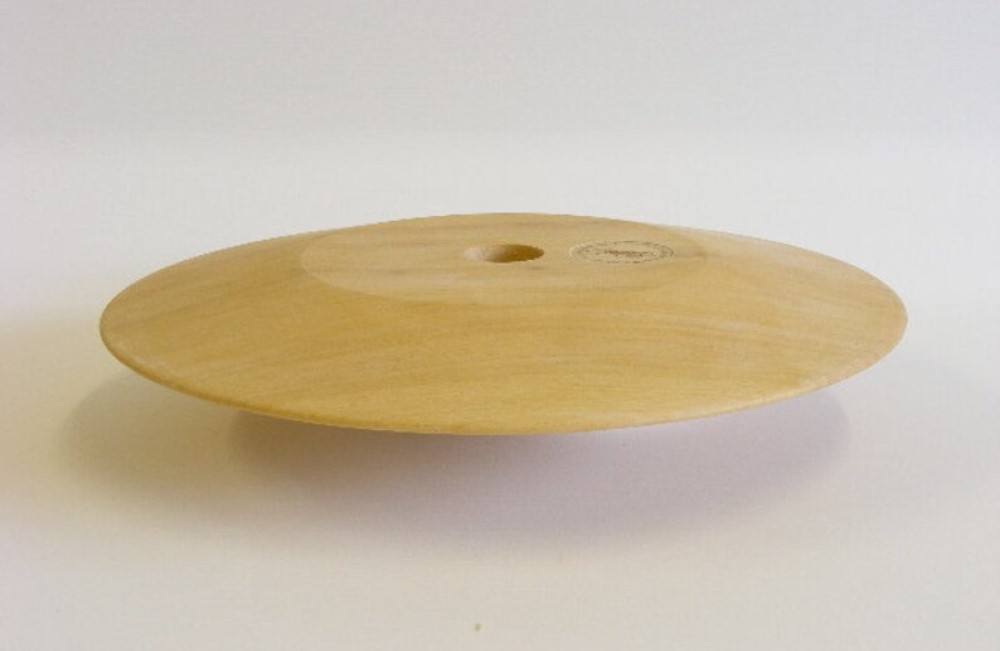Blog / Aage Thaarup: Royal Hat Maker
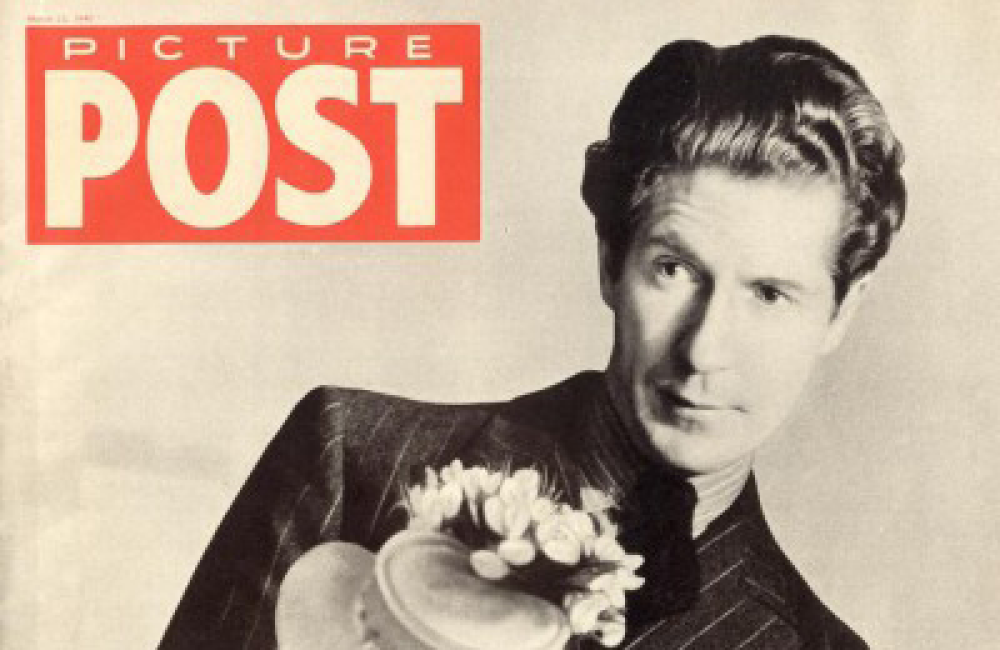
Aage Thaarup: Royal Hat Maker
Aage Thaarup
Aage Thaarup (1906-87) was one of the first in a line of high fashion male milliners to emerge in the twentieth century.
Traditionally, milliners were women who made hats for women and hatters were men who made hats for men. In fact, in times when women did not have many career options, millinery was quite unique. Not only could females work as manufacturers, but they could even become business owners. By the 1920s, however, this gender distinction had started to disappear and some of the best-known milliners, like Mr John in New York, were men.
Copenhagen, London, Lahore
Born in Copenhagen, Aage Thaarup got a job in the hat department of Fornesbeck, the city’s largest department store, to raise funds for college. He liked working with hats and worked there for three years. When he got an education grant, he supplemented his education by learning English and Fashion Drawing. Thaarup left Denmark to work in Berlin and then moved on to Paris, where he spent time at the renowned hat making salon Maison Lewis.
Afterwards, Thaarup moved to London. He started to sell hats as a commercial traveller but found he couldn’t make a living this way. An army officer who had recently returned from India suggested that Thaarup try his luck there, so he set off for Bombay. During the voyage, he managed to sell hundreds of hats and build up a client base. The society scene in India was prolific in the early part of the twentieth century, with plenty of hats needed for polo matches and garden parties, so he went into business with a milliner in Lahore.
Royal Connections
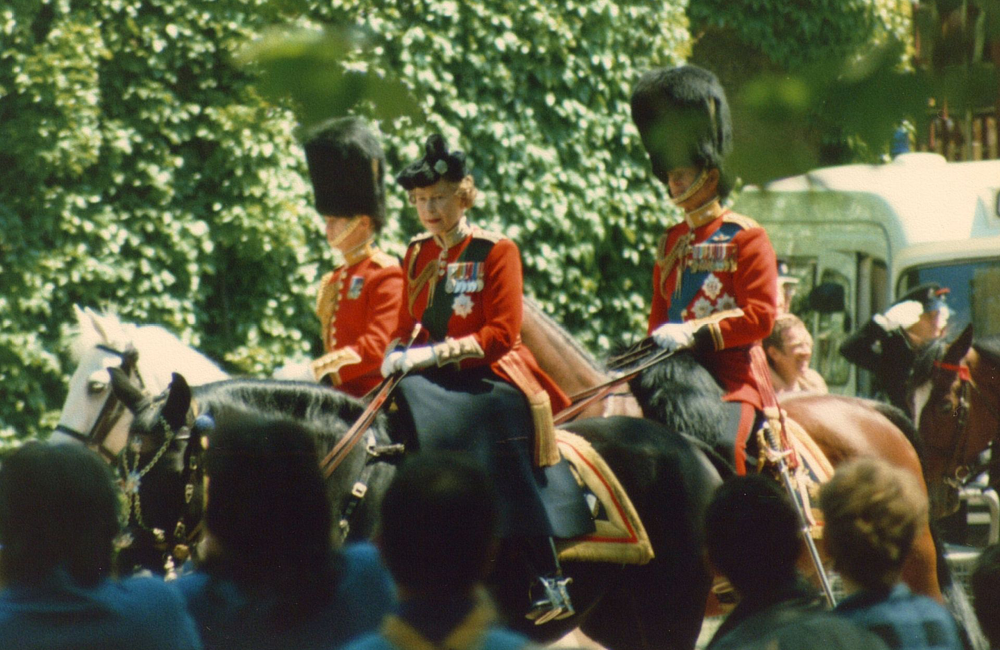
Thaarup returned to London in 1932 and set up his own shop just off Berkeley Square. As his reputation grew, he began attracting high society customers, including the Duchess of York and her daughters, Elizabeth and Margaret. Eventually, he was able to open a salon in Grosvenor Square where, coincidentally, a young John Boyd worked as his apprentice.
In 1947, Aage Thaarup designed the going away hat which Princess Elizabeth (later Queen Elizabeth II) wore after marrying Prince Philip. Throughout the 1950s the media referred to Thaarup as Elizabeth II’s milliner but he did not receive the Royal Warrant until 1961. As a milliner to royalty, his designs had to stay on, coordinate with designer outfits and keep the face visible to onlookers and press, as well as being contemporary and attractive.
He designed the famous tricorn, a flat-topped black hat with a plume, which the Queen wore to the Trooping the Colour ceremony in 1951. Until 1986, when Her Majesty stopped riding in this ceremony, she wore the Aage Thaarup tricorn each year, changing the colour of the plume to match the feather worn on the side of the guards’ bearskin hats. He also created a line of hats for the Queen after her 1953 Coronation and several pieces for The Queen Mother.
Millinery Celebrity
Thaarup was instrumental in popularizing womens’ hats before, during and after World War 2 and was arguably Britain’s top milliner of the time. His work was regularly featured in magazines and appeared in a number of British Pathé films, including one about his 1954 collection based on the ‘Royal Tour’ and another documenting the design process behind his ‘Albert Hall Hat’ (above).
In 1956, Thaarup’s autobiography, Heads and Tales, was published. A few of his millinery designs are pictured below.
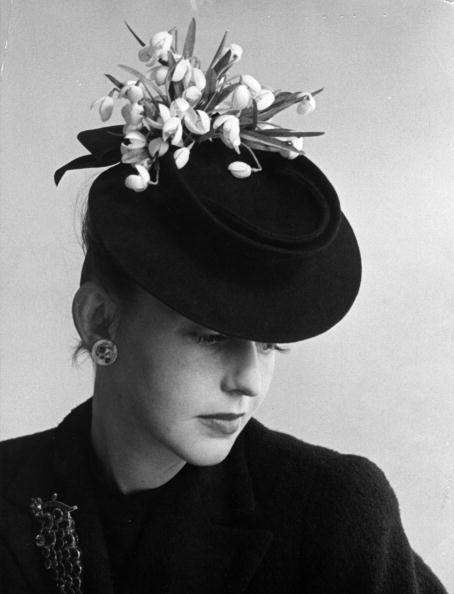
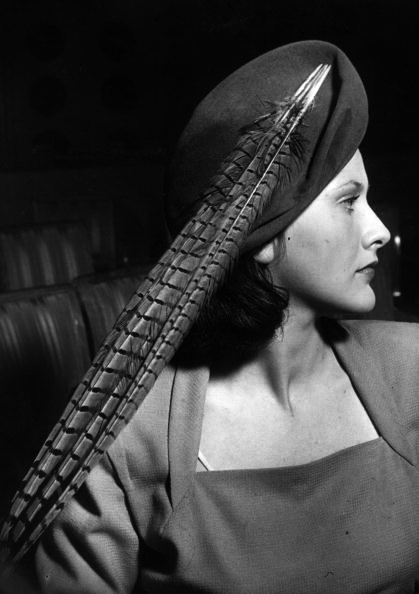
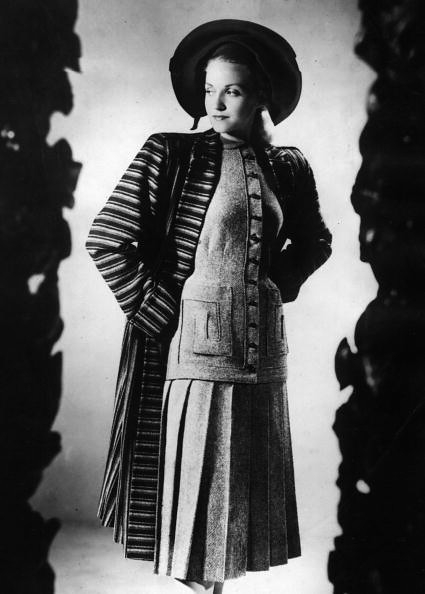
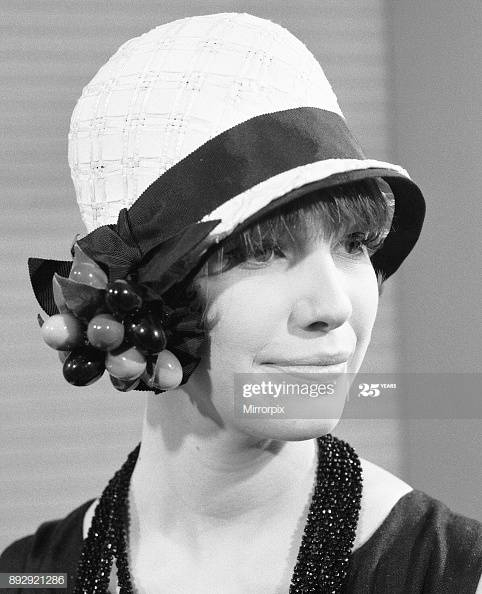
Final Years
Sadly, the celebrated milliner was not as good at running a business as he was at designing hats and was declared bankrupt at least twice during his career. With the backing of friends, however, he was able to continue to make hats on a smaller scale in Chelsea and then later in Hanover Square. He retired in the mid-1960s but kept his Royal Warrant until 1974.
Aage Thaarup passed away in London in 1987, at the age of 82.
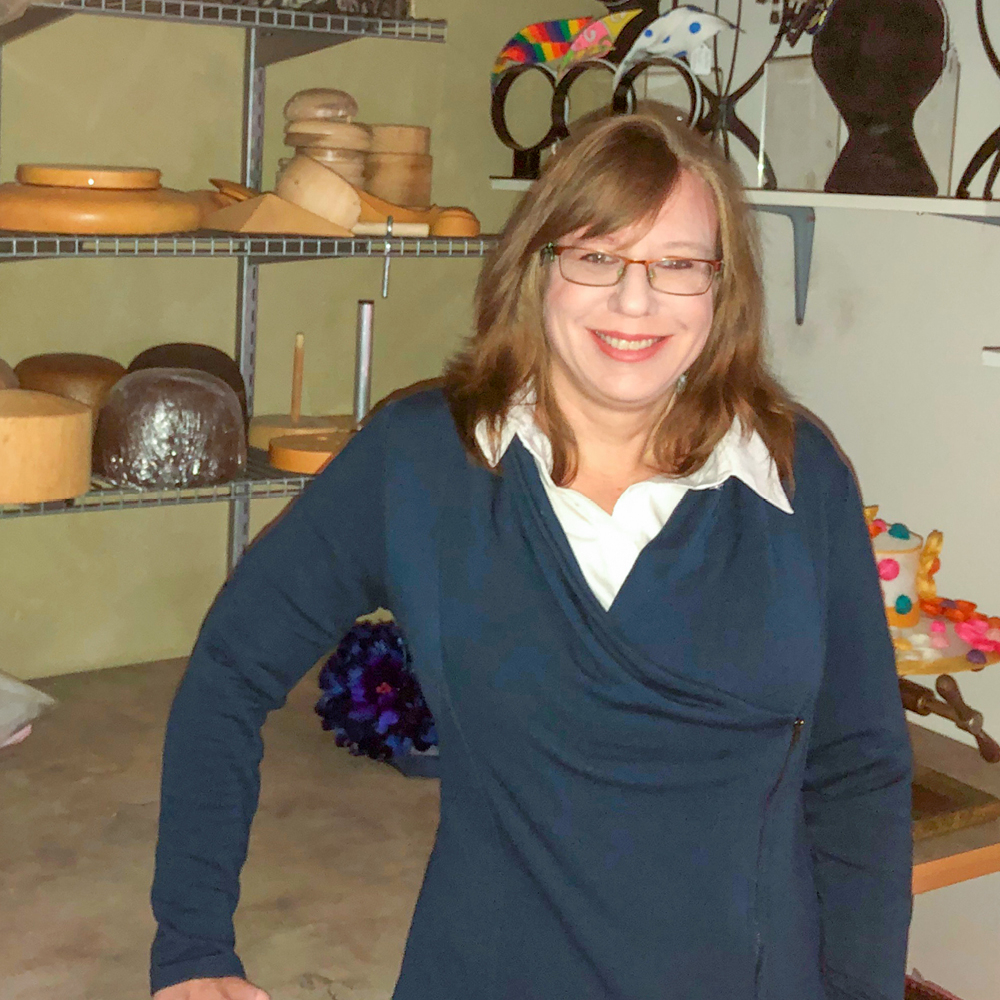
About the Author
Amy Fowler is the creator of the bespoke, California-based Millinery by Amy Fowler label. She also runs Humboldt Haberdashery, an online millinery supplier.
See Amy’s full bio HERE.
Popular Articles
Latest e-Magazine
Featured Supplier

Aage Thaarup: Royal Hat Maker
Aage Thaarup
Aage Thaarup (1906-87) was one of the first in a line of high fashion male milliners to emerge in the twentieth century.
Traditionally, milliners were women who made hats for women and hatters were men who made hats for men. In fact, in times when women did not have many career options, millinery was quite unique. Not only could females work as manufacturers, but they could even become business owners. By the 1920s, however, this gender distinction had started to disappear and some of the best-known milliners, like Mr John in New York, were men.
Copenhagen, London, Lahore
Born in Copenhagen, Aage Thaarup got a job in the hat department of Fornesbeck, the city’s largest department store, to raise funds for college. He liked working with hats and worked there for three years. When he got an education grant, he supplemented his education by learning English and Fashion Drawing. Thaarup left Denmark to work in Berlin and then moved on to Paris, where he spent time at the renowned hat making salon Maison Lewis.
Afterwards, Thaarup moved to London. He started to sell hats as a commercial traveller but found he couldn’t make a living this way. An army officer who had recently returned from India suggested that Thaarup try his luck there, so he set off for Bombay. During the voyage, he managed to sell hundreds of hats and build up a client base. The society scene in India was prolific in the early part of the twentieth century, with plenty of hats needed for polo matches and garden parties, so he went into business with a milliner in Lahore.
Royal Connections

Thaarup returned to London in 1932 and set up his own shop just off Berkeley Square. As his reputation grew, he began attracting high society customers, including the Duchess of York and her daughters, Elizabeth and Margaret. Eventually, he was able to open a salon in Grosvenor Square where, coincidentally, a young John Boyd worked as his apprentice.
In 1947, Aage Thaarup designed the going away hat which Princess Elizabeth (later Queen Elizabeth II) wore after marrying Prince Philip. Throughout the 1950s the media referred to Thaarup as Elizabeth II’s milliner but he did not receive the Royal Warrant until 1961. As a milliner to royalty, his designs had to stay on, coordinate with designer outfits and keep the face visible to onlookers and press, as well as being contemporary and attractive.
He designed the famous tricorn, a flat-topped black hat with a plume, which the Queen wore to the Trooping the Colour ceremony in 1951. Until 1986, when Her Majesty stopped riding in this ceremony, she wore the Aage Thaarup tricorn each year, changing the colour of the plume to match the feather worn on the side of the guards’ bearskin hats. He also created a line of hats for the Queen after her 1953 Coronation and several pieces for The Queen Mother.
Millinery Celebrity
Thaarup was instrumental in popularizing womens’ hats before, during and after World War 2 and was arguably Britain’s top milliner of the time. His work was regularly featured in magazines and appeared in a number of British Pathé films, including one about his 1954 collection based on the ‘Royal Tour’ and another documenting the design process behind his ‘Albert Hall Hat’ (above).
In 1956, Thaarup’s autobiography, Heads and Tales, was published. A few of his millinery designs are pictured below.




Final Years
Sadly, the celebrated milliner was not as good at running a business as he was at designing hats and was declared bankrupt at least twice during his career. With the backing of friends, however, he was able to continue to make hats on a smaller scale in Chelsea and then later in Hanover Square. He retired in the mid-1960s but kept his Royal Warrant until 1974.
Aage Thaarup passed away in London in 1987, at the age of 82.

About the Author
Amy Fowler is the creator of the bespoke, California-based Millinery by Amy Fowler label. She also runs Humboldt Haberdashery, an online millinery supplier.
See Amy’s full bio HERE.
